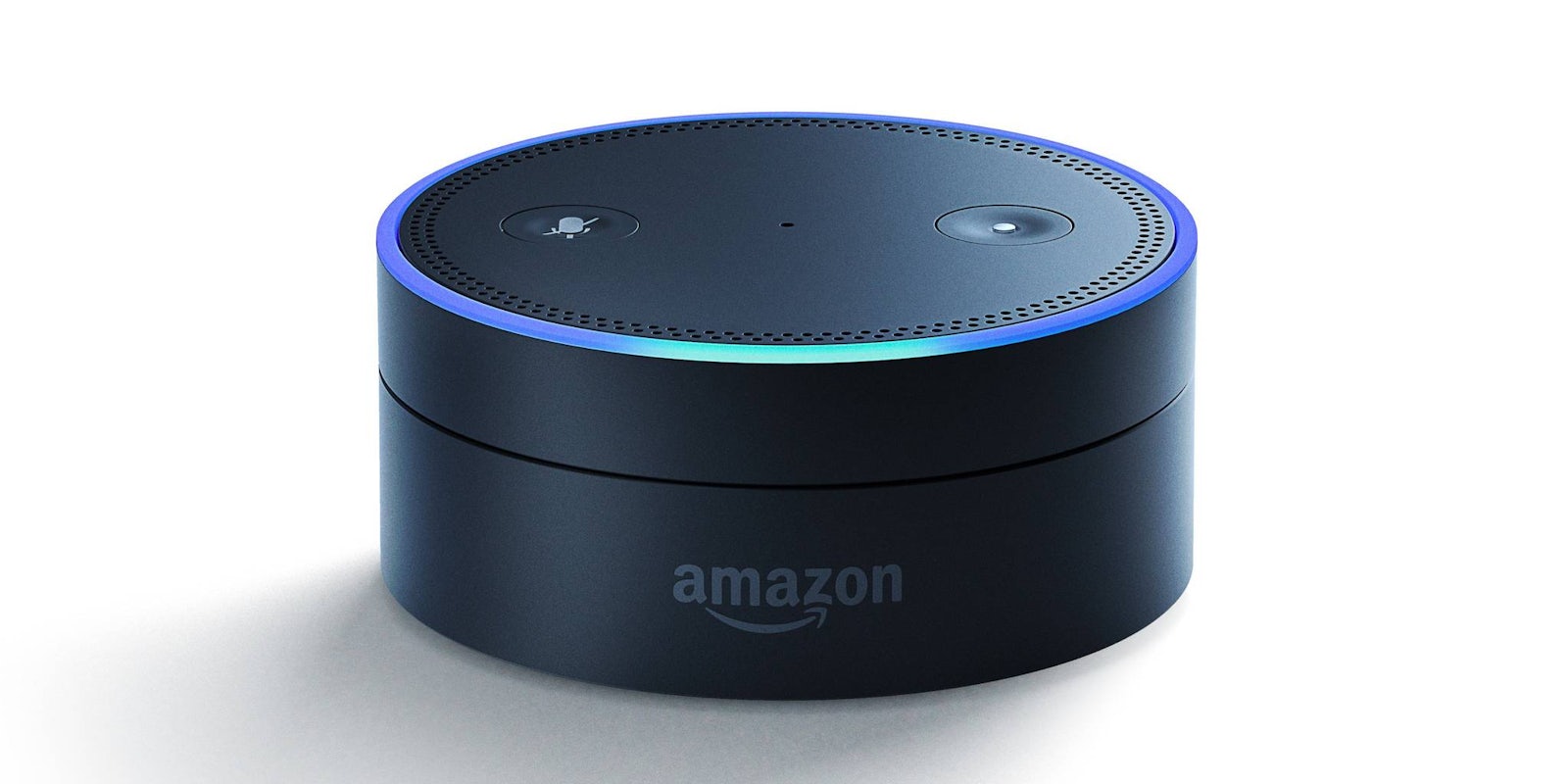Amazon’s stepping up its music game with its own answer to streaming services like Spotify, Apple Music, and Tidal.
It launched Amazon Music Unlimited Wednesday morning, which will give subscribers access to tens of millions of songs (the music service already included with Amazon Prime subscriptions only has 2 million songs), curated and custom playlists, no commercials and unlimited skips, and the ability to download music to listen to offline—a service that will improve as more people use it. After a 30-day trial, Prime members will pay $7.99 per month while non-Prime members will dish out $9.99.
The main draw for users right now might be the integration between Amazon products. Anyone who owns an Amazon Echo device can effortlessly listen to Music Unlimited and use Alexa, Amazon’s voice assistant, to pull up a certain song or figure out the song based on lyrics. That will only put you back $3.99 a month.
Introducing Amazon Music Unlimited! Start your free trial today: https://t.co/N19lOp5DsJ #GoUnlimited pic.twitter.com/RLFRMOdWcV
— Amazon Music (@amazonmusic) October 12, 2016
Music Unlimited also has a feature called Side-by-Side, which will let subscribers listen to commentary of certain tracks from the artists themselves.
Amazon is highlighting the technological benefits of integrating the service with Echo as what sets it apart from Apple Music, which has album exclusives and the kind of recommendation and discovery aspects of Spotify. It’s also cheaper per month than other services if you for a year upfront. But if you have the Echo plan, you can only listen to music on one device; you can’t even listen to it on more than one Echo device.
While it’s certainly tempting for people who’ve already invested in an Echo, is the price and perks enough to pull others already loyal to another service or having never previously paid for streaming into subscribing? We’ll have to see as Amazon promises more in future iterations.
H/T The Verge


